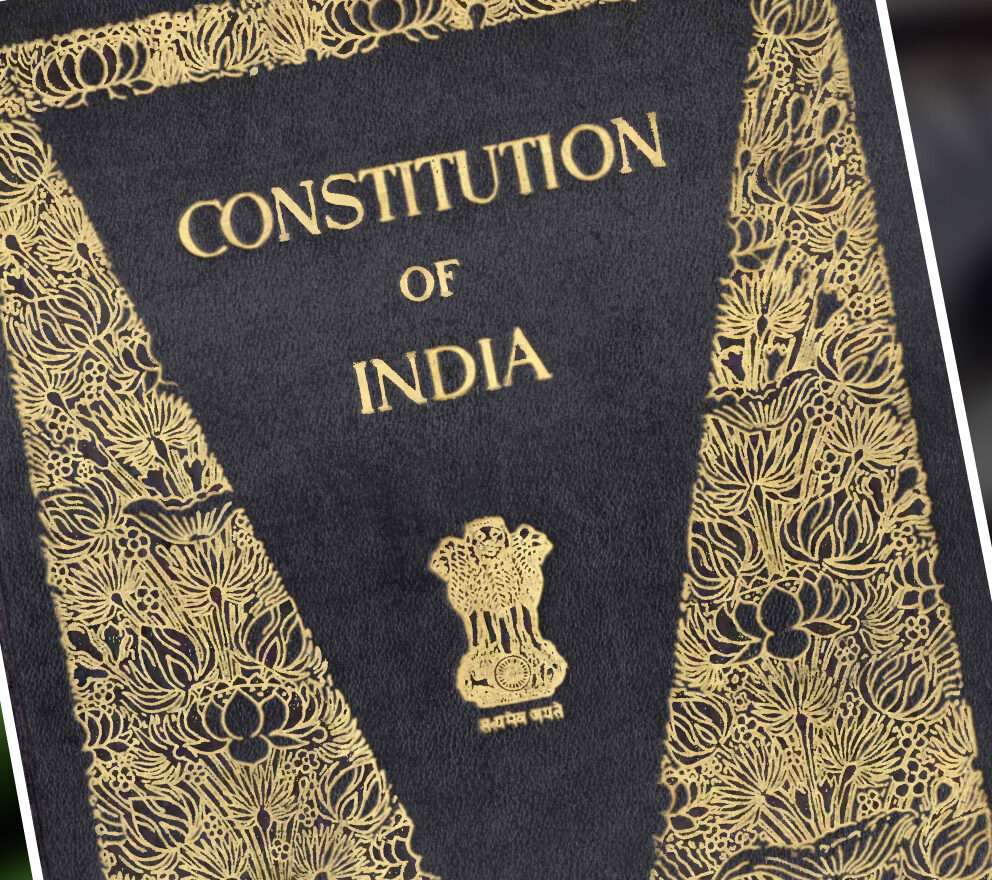INDIAN CONSTITUTION
SCHEDULES TO THE CONSTITUTION
Constitution of india now contains twelve schedule, which are an intergal part of the constitution. A brief summary of these schedule is given below:
Frist schedule:
It contains the list of the sates and the union Territories comprasing the Indian union.
Second schedule:
It deals with salaries and emoulments of the constitution Functionaries. It has have five parts.
Third schedule:
It contains the oathas and Affirmations.
Fourth schedule:
It contains the allocation of seats of each sate and union Territory in the council stares ( Raja sabha).
Fifth schedule:
It provides for the adminstration and control of schedule areas. It can be amended by a simple majority of the parliament.
Sixth schedule:
It provides for the administration of Trabial areas in Assam, Meghalaya and Mizoram and goes into the deatails of the adminstration in these areas. It can be amended by a simple majority of thr parliament.
Seventh schedule:
It gives the allocation of power and foundations. Between the union and the sates.
It contains three list:
1. Union List of 100 ( originally 97) subject over which the union Government has an exclusive authority.
2. Sate List of 61( originally 66) subject over which states have exclusive authority and
3. Concurrent List of 52 ( organically 47) subject over which the union and the states have concurrent power.
Eight schedule:
It contains a list of 22 language of india recognised in the constitution. These are:
1. Assamese
2. Bengali
3. Gujarati
4. Hindi
5. Kanada
6. Kashmiri
7. Konkani
8. Malayalam
9. Manipur
10. Marathi
11. Nepali
12. Odia
13. Punjabi
14. Sanskrit
15. Sindhi
16. Tamil
17. Telugu
18. Urdu
In 2004, four language and were added to the Eighth schedule vide The constitution ( Ninety- second) Amendment Act, 2003. These were:
19. Bondo
20. Dogri
21. Maithili and
22. Santhali
Ninth schedule:
It was added by the constitution ( Ist Amendment) Act 1951. It contain Acts and orders relating to land tenure, land tax, railways, industries, etc. Passed by the union Government and the sates Governments ( including the then states of jammau and Kashmir) , which are beyond the jurisdiction of the thr civil court.
Tenth schedule:
It was added by the constitution ( 52nd Amendment) Act, 1985. It contains the Anti- definition Law.
Eleventh schedule:
It was added in 1992 by the 73 rd constitution Amendment Act. It contains 29 subjects and cover important topic such as panchayat’s powers, rural development poverty alleviation, roads, drinking water and such other institutional mattress of local self- Government.
Twelfth Schedule:
It was added by the constitution ( 74th Amendment) Act, 1992 and it came into force from June 1, 1993. It lays down 18 itmes and gave constiutional status to the Municipalities in India. The Act strengthened the institutions of self- Government including the urban and town planning.
Discover more from mystate.co.in
Subscribe to get the latest posts sent to your email.



